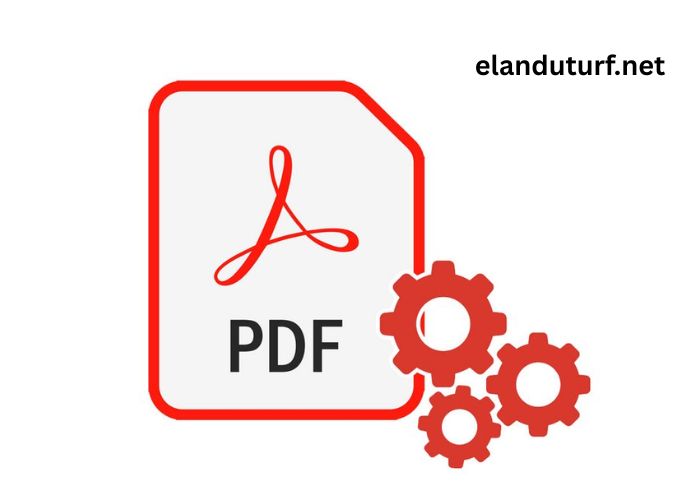Every person relies on the smartphone as an ongoing life system because it contains all their messages along with their bank information. The utilize of these devices delivers beneficial advantages but hackers specifically focus on these devices because they provide opportunities to steal information and track locations and discover system vulnerabilities. The continuous development of cybercriminal techniques requires users to adopt effective security measures to stay protected.
The following eight cybersecurity tips represent essential measures for protecting your phone from hackers which you should start applying immediately.
1. Keep Your Software Updated
Security loopholes in outdated software provide hackers with opportunities to breach your device unauthorized. Software developers issue regular updates which both resolve security flaws and boost protection thus users must maintain their operating system and application versions at their latest versions.
Software update delays because of inconvenience create higher risks for cyberattacks against your system. Your phone security depends on automatic updates being enabled and regular checks of security patches for all installed applications.
Use Solid and Unique Passwords
Your phone becomes vulnerable to hackers through weak passwords which represent a simple entry point. Users continue to choose basic passwords including “123456” and “password” because these passwords get broken within seconds. Strong passwords that are different from each other across your accounts serve as an effective barrier against unauthorized access.
A password manager helps users create complex passwords which it securely stores for them. Biometric authentication through fingerprint or facial recognition serves as an advanced defense mechanism which increases the barrier for hackers trying to access your device.
Enable Two-Factor Authentication (2FA)
Two-factor authentication creates another security measure which demands users to present more authentication elements beyond passwords during logins. Account access with 2FA enabled demands two verification steps which could include receiving a temporary code through your phone or email.
A hacker who manages to get your password will still need the additional security measure to break into your system. Two-Factor Authentication (2FA) exists in popular services such as Google, Apple and social media platforms and activating it significantly decreases the risk of unauthorized access.
Avoid Public Wi-Fi Traps
Open Wi-Fi networks found in cafes and airports and shopping malls remain unsecured which allows hackers to exploit these networks. Internet criminals deploy “man-in-the-middle” interception strategies against public network data transfers to steal password information as well as credit card data and sensitive messages.
Public Wi-Fi users should refrain from accessing their sensitive accounts which include banking or email services. A Virtual Private Network (VPN) enables encryption of your internet connection which makes your data completely resistant to interception by hackers. A VPN creates an anonymous online environment which safeguards your browsing activities from exposure while using unsecured networks.
Multiple VPN providers exist to boost online security yet you must select a reliable provider from the options. Tools like the VPN by Surfshark protects your data through strong encryption which keeps your information safe from cyber threats on both secure and unsecured networks.
Be Cautious with App Permissions
The majority of mobile applications ask for permissions that exceed their core operational capabilities. A flashlight application should not require permission to access your contacts or location or messages. Users should avoid giving too many permissions to unknown apps because this practice lets hackers access their personal details.
Check your installed apps for permissions they need and remove access to permissions which are not essential. Users should download their apps exclusively from Google Play and Apple App Store since these authorized platforms implement robust security protocols which surpass the protection levels offered by unauthorized third-party resources.
Beware of Phishing Attempts
Users fall victim to phishing attacks because attackers pretend to be legitimate entities through emails and text messages and fake websites to steal personal information. Online criminals pretend to represent financial institutions and social media platforms and service providers to trick users into clicking harmful links or revealing their account access.
Check the authenticity of all messages before performing any action. Users should not click on unknown links and should only provide sensitive information when they verify the source. Contact the company through their official channels to verify the message’s authenticity whenever you doubt its authenticity.
Disable Bluetooth and Location Services When Not in Use
Bluetooth and location services make life easier yet expose your system to security threats when they remain active without reason. Your device becomes vulnerable to hackers because they can use Bluetooth connection weaknesses to access your device and track your location data.
Security can be improved by disabling Bluetooth and location services unless you need them in operation. Ask your device to request permission before sharing location details through apps because this action lets only trusted applications obtain access to this data.
Regularly Back Up Your Data
The best security practices cannot eliminate the risk that your phone will get hacked or lost or suffer damage. The regular practice of backing up important data such as pictures contacts along with documents ensures their safety when facing possible emergencies.
The automatic backup of your data should be done by using cloud services or external storage solutions. The backup system enables you to recover your information when resetting your phone or replacing it after a security breach without major data loss.




